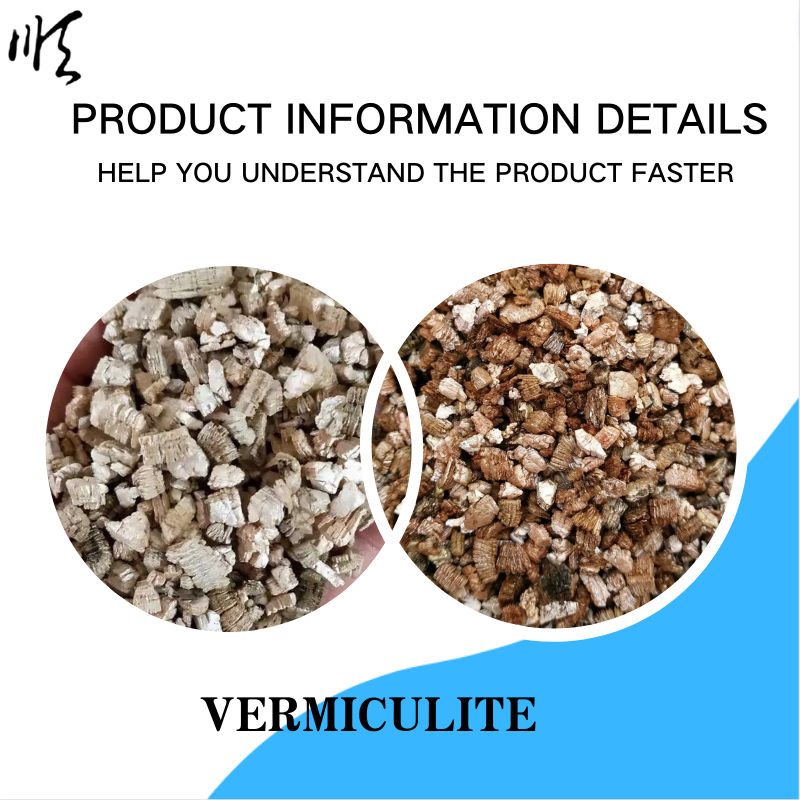
Exploring the Diverse Applications and Benefits of Zeolite-Based Products in Various Industries
The Role of Zeolite Products in Modern Industries
Zeolites are naturally occurring or synthetic aluminosilicate minerals that possess unique properties which make them invaluable in various industrial applications. Their molecular structure, characterized by a crystalline framework and a high surface area, allows them to function as efficient adsorbents, catalysts, and ion-exchangers. This article will explore the significance of zeolite products and their applications across multiple sectors.
1. Adsorption and Separation
One of the most prominent uses of zeolite products is in adsorption processes. Zeolites can selectively trap specific molecules, thanks to their porous structure. For example, in the natural gas industry, zeolites are employed to separate methane from other gases like carbon dioxide and nitrogen. This separation is critical for enhancing the purity of natural gas, making it more suitable for energy production and reducing emissions.
Additionally, zeolite-based adsorbents are instrumental in air and water purification. They effectively remove toxic pollutants, heavy metals, and organic compounds, thereby contributing to cleaner environments. In wastewater treatment facilities, zeolites can exchange ions with harmful contaminants, facilitating their removal and ensuring compliance with environmental regulations.
2. Catalysis
Zeolites serve as efficient catalysts in various chemical processes, primarily due to their high thermal stability and acidity. In the petrochemical industry, zeolites are widely used in catalytic cracking, a process that breaks down large hydrocarbons from crude oil into valuable products like gasoline and diesel. The unique pore structure of zeolites allows for selective catalysis, leading to higher yields and better-quality fuels.
Furthermore, zeolite catalysts play a vital role in the production of chemicals such as ethylene and propylene. These chemicals are essential building blocks for numerous plastics and polymers, highlighting the importance of zeolite products in the chemical industry.
zeolite product

3. Agriculture
Zeolites are gaining traction in agriculture as soil amendments. Their ability to retain moisture and nutrients makes them ideal for improving soil health. When added to soil, zeolites help retain water during dry periods and release it slowly, ensuring that plants have access to moisture over time. Additionally, zeolites can adsorb ammonium ions, which can then be slowly released as plants need them, thus enhancing nutrient availability and reducing fertilizer runoff.
Moreover, zeolite products can enhance crop yields while minimizing chemical inputs. The use of zeolites in farming aligns with sustainable agricultural practices, contributing to food security and environmental conservation.
4. Construction Materials
In the construction industry, zeolite products are used as additives to improve concrete performance. The incorporation of zeolites in concrete can enhance its durability, reduce permeability, and improve resistance to sulfates. This not only extends the lifespan of structures but also contributes to energy efficiency by improving insulation properties.
Zeolites are also being explored as lightweight aggregates in concrete mixes. Their lower density can lead to substantial weight reductions in construction materials, making them attractive for various building applications.
Conclusion
The versatility of zeolite products makes them indispensable across a range of industries, from energy and chemicals to agriculture and construction. As the world continues to face challenges related to sustainability, environmental pollution, and resource management, zeolites offer innovative solutions through their unique properties. Continued research and development in zeolite technology will likely unveil even more applications, positioning these minerals as essential components in a more sustainable future. Their role as adsorbents, catalysts, and soil conditioners underscores the importance of zeolite products in innovative industrial processes and environmental protection.
Share
-
Premium Talcum Powder Enhanced with GPT-4 Turbo | Soft & Long-LastingNewsAug.02,2025
-
Fly Ash Solutions Enhanced by GPT-4 Turbo | Sustainable InnovationNewsAug.01,2025
-
Natural Premium Bentonite Cat Litter - Superior ClumpingNewsJul.31,2025
-
Premium Resin Coated Sand - High Heat Resistance CastingNewsJul.31,2025
-
High Quality Silicon Carbide Grit for Abrasive ApplicationsNewsJul.30,2025
-
High-Quality Ceramsite for Plants & Gardening | Lightweight PebblesNewsJul.29,2025






